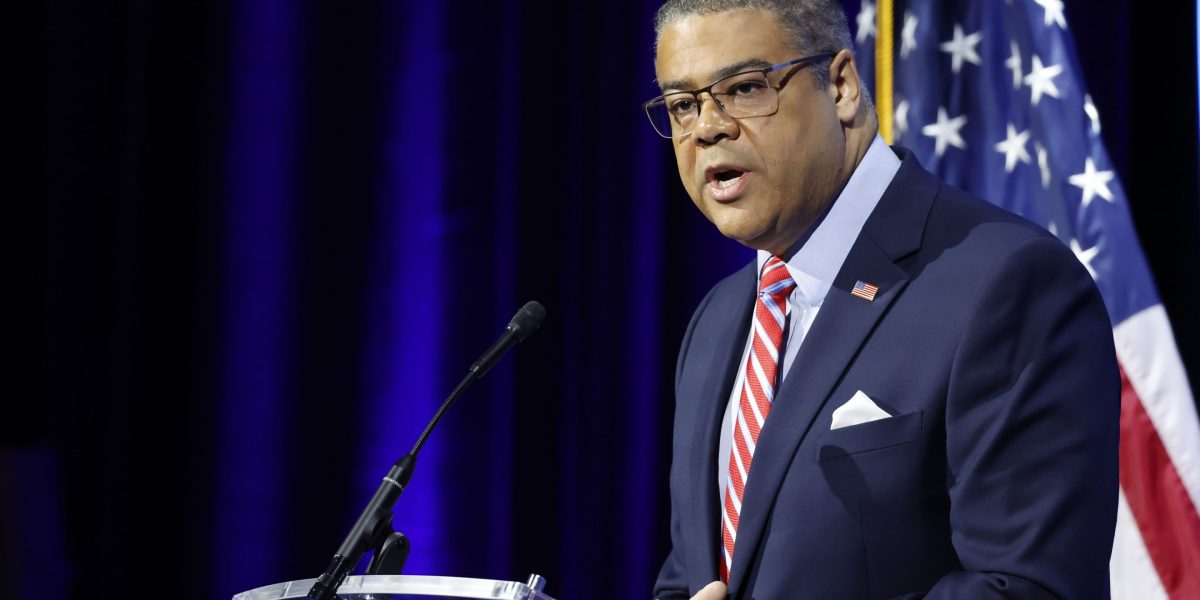The article discusses business successes by entrepreneurs, and outlines the realities of obtaining financing for these businesses.
Black-owned businesses in the U.S. are major contributors to the economy, generating $206 billion in annual revenue and supporting 3.56 million U.S. jobs. Many of these businesses are federal contractors and many more are in a good position to become contractors.
Black entrepreneurs apply for business loans at a higher rate, yet we are receiving funding at a much lower rate compared to white entrepreneurs. Studies show that Black entrepreneurs are three times more likely than white entrepreneurs to report that access to financial capital negatively impacts their profits.
Discussion:
Businesses and government are making efforts to roll back DEI, which naturally leaves people imagining we might lose gains made for minorities and opportunity.
Large efforts have been over the years to legislate fairness by making discrimination illegal (effectiveness questionable since we felt like DEI was needed), then tried to legislate including people based on their gender/race/etc.
The DEI ideas were attacked asserting it shifts from qualifications to a person’s physical properties.
-
Why can’t we eliminate gender and racial aspects of applications for things like education, financial support, employment, etc? (Yes, people’s names convey some of this)
-
What potential efforts could we make that isn’t focused on meeting quotas that continues to put people into boxes based on their physical properties and assess true potential?
This is the best summary I could come up with:
And while the recent surge in Black-owned businesses is a testament to the resilience and innovation of Black entrepreneurs, common-sense policy and empowering resources are needed to help them thrive.
Policies such as the Bipartisan Infrastructure Act don’t just fund projects to repair our country’s crumbling roads and bridges but also include provisions to help Black businesses.
The expanded Child Tax Credit included in the American Rescue Plan was a game-changer for Black small business owners and their employees.
Mentored and inspired by my Black boss’ work ethic, I started my own business at 14 making flyers for friends, which evolved into my current marketing firm years later.
Consumers should also play a role in intentionally seeking out and supporting Black-owned businesses, whether it’s for everyday purchases or larger investments–not just during Black History Month or on Juneteenth but all year long.
Shaundell Newsome is the visionary and founder of Sumnu Marketing, a co-chair of Small Business for America’s Future, and a Vegas Chamber trustee.
The original article contains 836 words, the summary contains 164 words. Saved 80%. I’m a bot and I’m open source!


